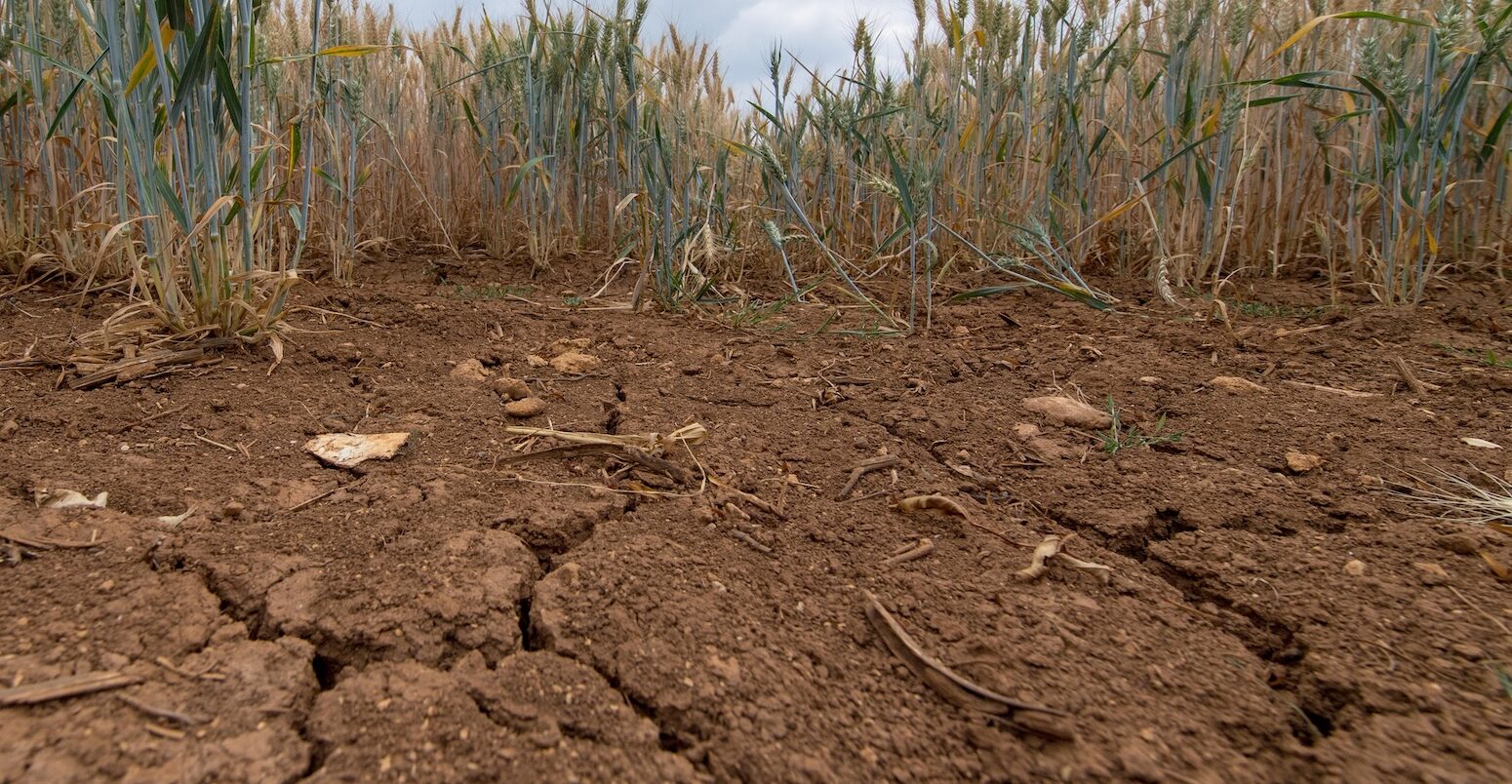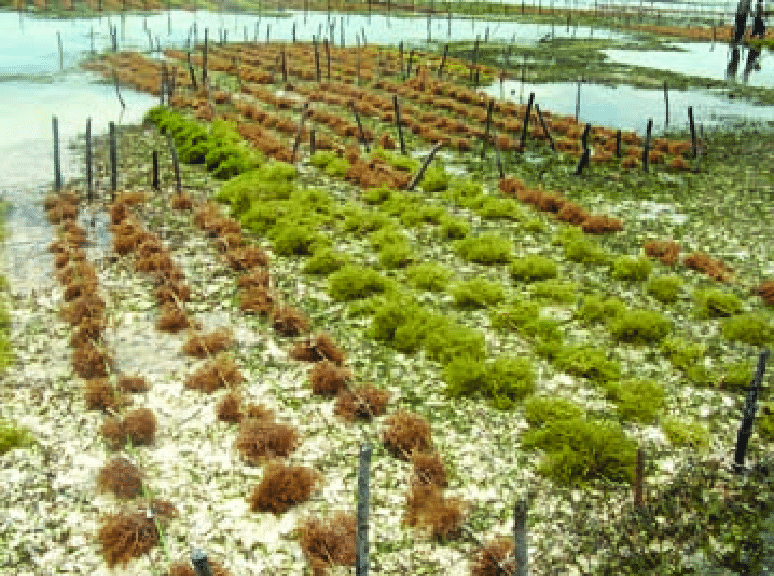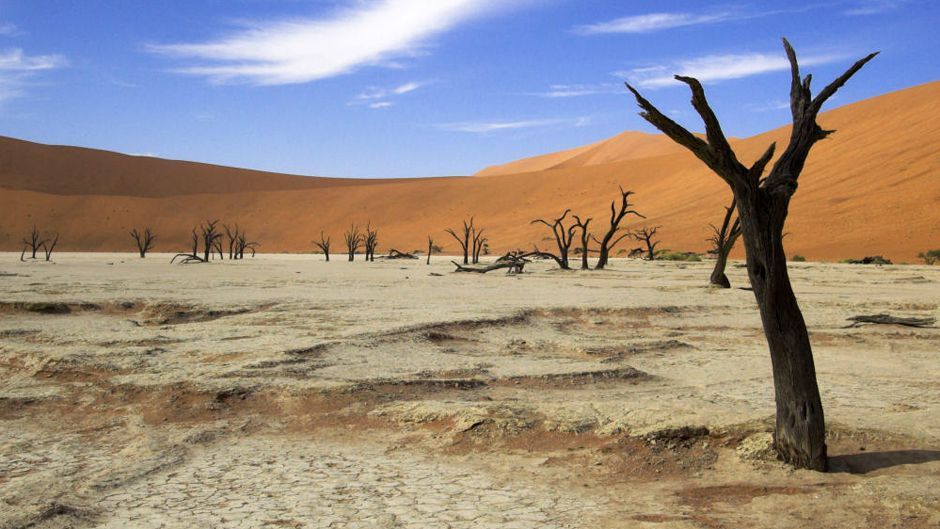The Ontario Court of Appeal is currently presiding over a case brought forth by seven youth climate activists, with the backing of the environmental charity Ecojustice. The legal challenge is directed against the Conservative government of the province. The activists are advocating for a more assertive and scientifically grounded climate plan, urging Doug Ford’s Progressive Conservative government to adopt policies aligned with the latest scientific recommendations to address the pressing issue of climate change.
This legal proceeding reflects a growing trend globally, where citizens, particularly youth activists, are leveraging legal avenues to hold governments accountable for their climate policies. The case underscores the urgency and significance of climate action, with the plaintiffs seeking judicial intervention to compel more robust and evidence-based measures to tackle the environmental challenges facing the province of Ontario.
The climate-related lawsuits, including the case in Ontario, share similarities with a groundbreaking legal action in Montana, where youths successfully sued the state based on their constitutional right to a clean and healthful environment under state law. Although the Montana ruling has state-level implications and is currently under appeal, it marked the first of its kind in the United States, establishing a precedent and paving the way for potential wider-reaching effects.
The legal landscape is evolving, and in December, the US District Court in Oregon agreed to hear the case of Juliana v. United States. This climate-policy court challenge mirrors the Ontario and Montana cases, but with a critical distinction. The Juliana plaintiffs contend that federal laws are violating constitutional rights to life, liberty, and property. This federal-level legal challenge adds another layer to the ongoing efforts to address climate change through legal means, potentially impacting national policies and setting precedents for future environmental litigation in the United States.
The rising number of climate litigation cases, including the ongoing appeal in Ontario, raises the question of whether the judicial branch could play a significant role in shaping the future of climate policy. In the United States alone, there are currently over 1,800 climate litigation cases, signaling a growing trend of using legal avenues to address environmental concerns.
The potential success of the Ontario appeal, which may result in the province being required to establish more ambitious emissions reduction targets, could have far-reaching implications. A favorable ruling might set a precedent not only for future cases in Canada but could also influence global discussions on the role of the judiciary in addressing climate change. The increasing prominence of legal actions in the realm of climate policy underscores the urgency felt by citizens and advocacy groups to hold governments accountable for their environmental commitments and catalyze more robust and effective climate action.




